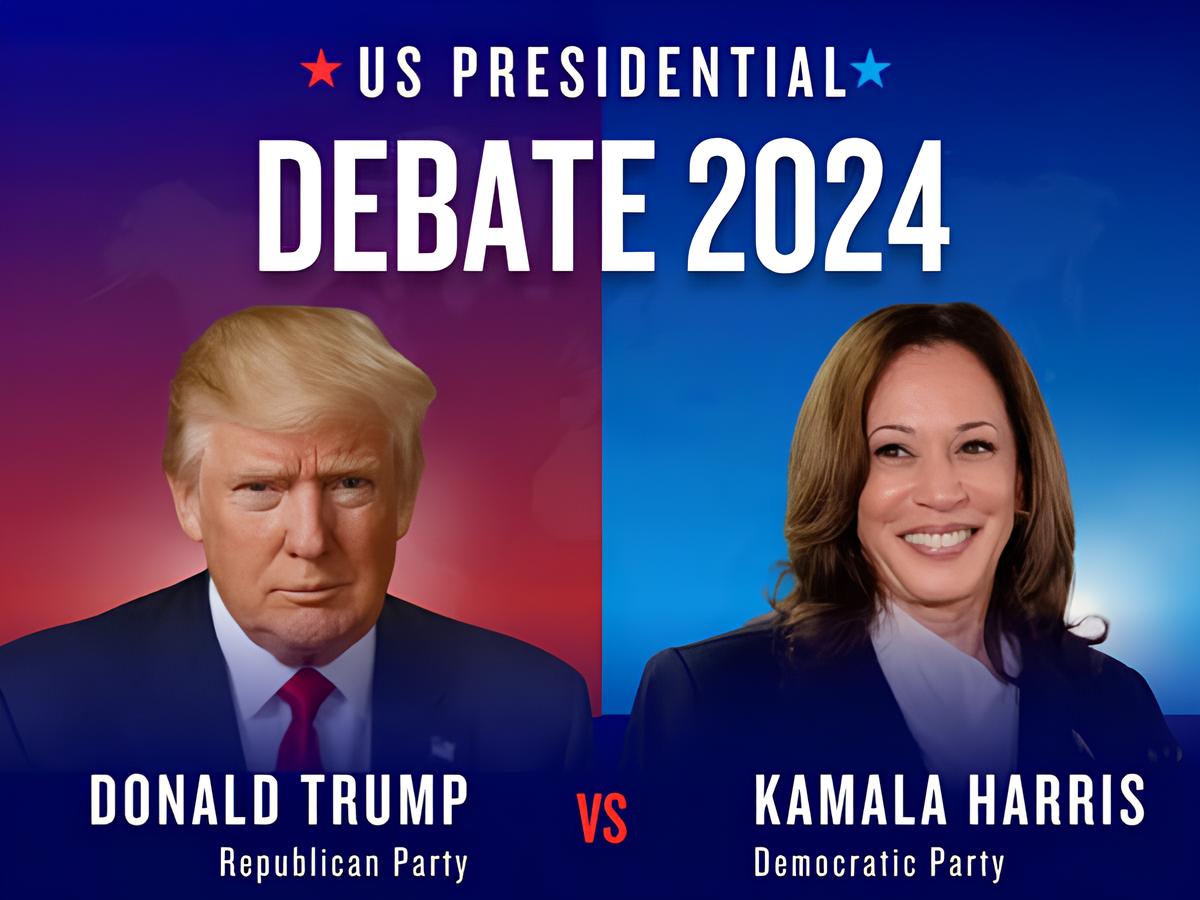Trump Makes Bold Move Ahead of 2024 Elections
In a surprising turn of events, former President Donald Trump has ruled out participating in a second U.S. presidential debate with Vice President Kamala Harris. As the political landscape gears up for the 2024 election, Trump’s decision is making headlines and raising questions about his strategy moving forward. In this article, we’ll break down the potential reasons behind Trump’s move, what it means for his campaign, and how it might shape the upcoming election.
Why Trump Refused the Debate: A Calculated Strategy?
Trump’s decision to forgo a second debate with Harris comes as no surprise to some political experts. Known for his unconventional approach to politics, Trump may be banking on the idea that he has little to gain from engaging in direct debates with his Democratic rivals. His strong base of supporters remains loyal, and some analysts believe that skipping debates allows him to control his messaging without the risk of confrontation.
By avoiding the debate, Trump may also be sending a message that he views himself as above the traditional political system. This fits with his longstanding narrative of being an outsider who isn’t afraid to break the norms of Washington politics. Whether this strategy will resonate with undecided voters remains to be seen, but it’s clear that Trump is focused on rallying his core supporters.
Impact on the 2024 Presidential Race
With Trump’s refusal to debate Harris, the 2024 election campaign may take a different turn. Debates have long been a key element of U.S. presidential elections, giving candidates the opportunity to confront each other’s policies and present their platforms to the American people. By choosing not to engage, Trump is disrupting the traditional process.
This move could lead to a shift in how future debates are organized. Without Trump on stage, it’s possible that the debates may draw less attention from his supporters, potentially lowering viewership. On the other hand, Trump’s decision might also energize his base, who could interpret it as a sign of confidence and strength.
Meanwhile, the Democratic Party, including Harris, could capitalize on this decision by presenting themselves as more open to public debate and discussion. Harris, as a candidate, may frame Trump’s refusal as a sign that he’s unwilling to answer tough questions or defend his policies in a public forum.
Reactions from Both Sides
The decision has sparked strong reactions from both Republicans and Democrats. Trump’s supporters have largely backed the move, arguing that he doesn’t need to participate in debates to prove his leadership qualities. Many believe that his policies and track record speak for themselves, and that debates are more of a distraction than a meaningful part of the election process.
Democrats, on the other hand, have criticized Trump’s decision, accusing him of avoiding accountability. Some have speculated that Trump is concerned about being outmatched by Harris, who has gained significant political experience since her time as Vice President.
How Will This Affect Trump’s 2024 Campaign?
Trump’s 2024 campaign strategy has been anything but conventional, and his refusal to debate further cements his position as an outsider. His ability to draw massive crowds at rallies and maintain a loyal base suggests that he doesn’t necessarily need debates to succeed in the primary race. However, some political experts warn that skipping debates could alienate undecided voters who are still weighing their options.
In the long run, Trump’s decision could also influence how future candidates approach debates. If Trump manages to perform well in the election despite avoiding public debates, it may set a precedent for future candidates to sidestep traditional election formats in favor of more controlled messaging.
Conclusion: What Comes Next for Trump and Harris?
Trump’s decision to rule out a second debate with Harris is a bold move that reflects his unique approach to politics. While his supporters are likely to back the decision, it raises questions about how this will impact undecided voters and the broader election landscape. As the 2024 presidential campaign unfolds, both Trump and Harris will need to navigate a rapidly changing political environment, and this debate decision could play a crucial role in shaping voter opinions.
For now, the absence of a second debate leaves room for speculation, but it’s clear that Trump is continuing to break from traditional political norms as he sets his sights on another term in the White House.
Will Trump’s debate strategy pay off, or could it backfire in 2024? Only time will tell as the race heats up.

